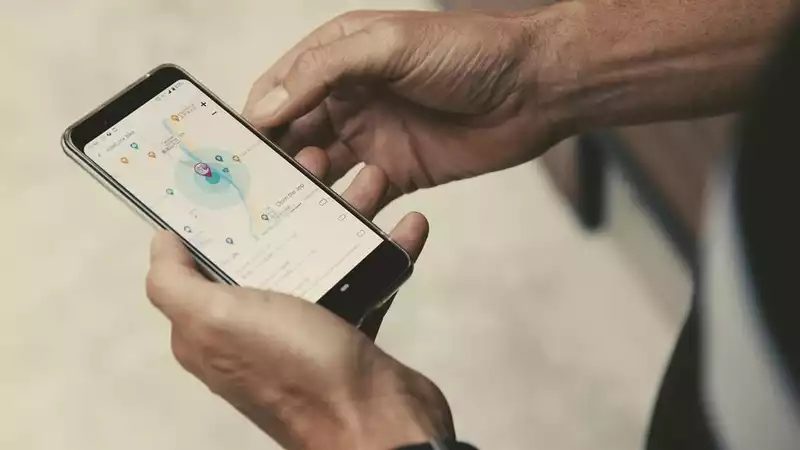Alter Lock has released a report based on a recent survey of cyclists who have had their bicycles stolen. According to the findings, 90% of the cyclists surveyed had locked their bicycles before they were stolen.
The survey was conducted in February of this year among a total of 1,500 cyclists in the UK, Germany, and the Netherlands to determine the state of bicycle theft. It is hoped that the results of this survey will be useful in preventing future thefts.
Here are the main findings of the report:
Approximately 60% of those surveyed indicated that they or someone they knew had had a bicycle stolen before. Rates of bicycle theft have increased by 130 percent over the past four years, with the highest rates of theft in Germany (65 percent) and the Netherlands (64 percent), where 47 percent of UK cyclists surveyed have experienced bicycle theft.
If 60 percent seems low, it is worth noting that all survey respondents are current, regular cyclists. If the same survey were expanded to include those who did not return to cycling after bicycle theft, Alterlock expects that this number would be considerably larger.
About 80 percent of those who reported experiencing bicycle theft actually had their bicycles stolen, with the remaining 20 percent losing parts and accessories. The most commonly stolen bicycle parts were wheels and saddles, while other commonly taken items included lights and cycle computers.
According to the study, 26 percent of bicycle thefts occurred on a home's property (including front yards, back yards, sheds, garages, and the house itself). This was second only to the 36 percent of thefts that occurred on the street or around stores. Thefts at train stations accounted for 15 percent, thefts at shopping malls for 14 percent, and thefts at work or school for 9 percent.
Perhaps not surprising to some, 43 percent of these thefts occurred when the bicycles were secured with only a cable lock; 25 percent of the thefts used "other locks" and 21 percent were secured with multiple locks (although which type was not specified in the report (although which type was not specified in the report). Overall, about 90% of bicycle thefts occur on locked bicycles.
Of the 1,003 survey respondents who experienced bicycle theft, only 27% were able to recover their bicycles, and the time frame ranged from one week to six months. According to the Alterlock report, reporting the theft to the police and seeking information through social media may have contributed to the discovery.
AlterLock is an anti-theft and GPS tracking service that features an anti-theft alarm and works by using vibration detection. It connects to a smartphone app and uses GPS and WiFi to track the bike, which can help locate it if it is stolen.
With the release of the report, Alter Lock concluded that most locks are easy to break for professional bicycle thieves who carry commercially available tools. Therefore, "a next-generation anti-bicycle solution is needed," and that is what Alter Lock offers.
For more information, read the full report.


Comments